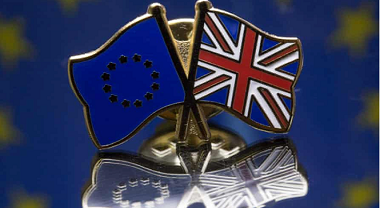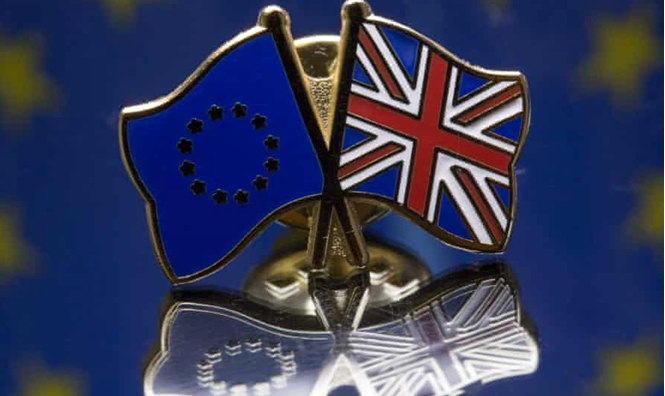Grant of Patent in the UK: National System Vs European System
The protection for an invention is the utmost priority for an inventor. This protection is granted to the inventor with the primary aim to commercialize it in the sense that the inventor will be able to recoup the investment that has been made. Various jurisdictions have structured their ways for protecting the inventions. In this piece, we will compare the patent procedure in the UK by entering through National System and the European System.
[Image Source: https://www.theguardian.com]
National System
The UK has an efficient patent system as compared to the other jurisdictions and similar to other European countries, the inventor can enter the UK through the national system or the European System. Post-Brexit, the situation for the patents has not been changed. The UK continues to be the contracting state of the European Patent Convention. Let us first enter the UK through the national system where the application is made to the UK intellectual property office (UKIPO). The patent system in the UK is governed by the UK Patent Act 1977. The procedural aspects are there set out in Patent Rules 2007 and Manual of Patent Practice. Both such procedural aspects are amended from time to time as per the requirements.
Any person can file a patent in the UK, which can be alone or jointly. As is similar to other jurisdictions, the filing of the application gives the applicant the priority date from which he can claim the priority. The patent application includes a written description of the invention, drawings if referred to, and (optionally at filing, failing which within 12 months) claims and an abstract. Preliminary examination, search, publication, substantive examination, grant, and publication follow, assuming procedural and substantive requirements are met and the requisite fees paid. The term of patent protection is 20 years from the date of filing the application, provided renewal fees are paid.
The third-party, if in case, it wants to make any observation, can make the same to the Comptroller General of Patents, Designs, and Trade Marks. Such observation can be made for the published application before the grant. That observation by any third party has to be filed within three months of the publication, as per the rules mentioned, and a copy of that observation must be furnished to the applicant. In case there is any refusal for the grant of the patent by the UKIPO, then an appeal will lie to the Patents Court, which is a specialist court within the Chancery Division of the High Court of England and Wales. A professional representative is needed to keep a check on the procedural aspect of the patent filing. The team at GPF has filed various applications in the UK and has successfully led to the grant of the patent.
European System
The European system has its foundation through the European Patent Convention 1973, the international treaty which provides for the centralized application which helps in the prosecution and the grant of the patent. When the application is filed at the EPO which aims at getting the protection in the UK, the application made must designate the UK in the application. It has to understand that despite designating the UK as the preferred country, the granting procedure will be governed by EPC only with all provisions and guidelines getting applied. Similar to the national system, the applicant can apply either individually or jointly and the first step is to apply for claiming the priority. The application will include similar things which were there in the national system. Formalities examination, publication, search (and publication), substantive examination (by the EPO’s Examining Division), and grant and publication follow, provided substantive requirements are met and the relevant fees are paid.
The publication gives the third party a chance to claim any such observation which needs to be communicated to the applicant. As per Article 115 of the EPC, this observation can be filed in English, German, and French. If the third-party missed filing the observation, then within nine months of grant, the person can file the written opposition to the grant of the European patent at the EPO. Such submission will be decided by the procedure adopted by the EPO’s opposition division with an appeal lying to the board of appeal. Any such decision upon the patent will make the patent amendment or revocation in respect of all designation for which it is granted. As specified, any such appeal can be filed to the EPO’s Board of Appeal. Each such procedure takes around three to five years and sometimes more than that.
At the post-grant stage, competence is transferred to the contracting states designated in the European patent. Validation procedures (which may include translations and payment of fees) must be completed in each country of interest within three months of grant. The granted European patent will only take effect in countries where it is validated. The procedure is almost similar to that of the national System only differs in the fact that the procedural formalities in the case of UK application are followed through the Patent Act 1977 and the procedural aspects at the European system will be followed through the European Patent Convention.
Author: Saransh Chaturvedi (an advocate) currently pursuing LLM from Rajiv Gandhi School of Intellectual Property Law (IIT Kharagpur). In case of any queries please contact/write back to us at support@ipandlegalfilings.com.



